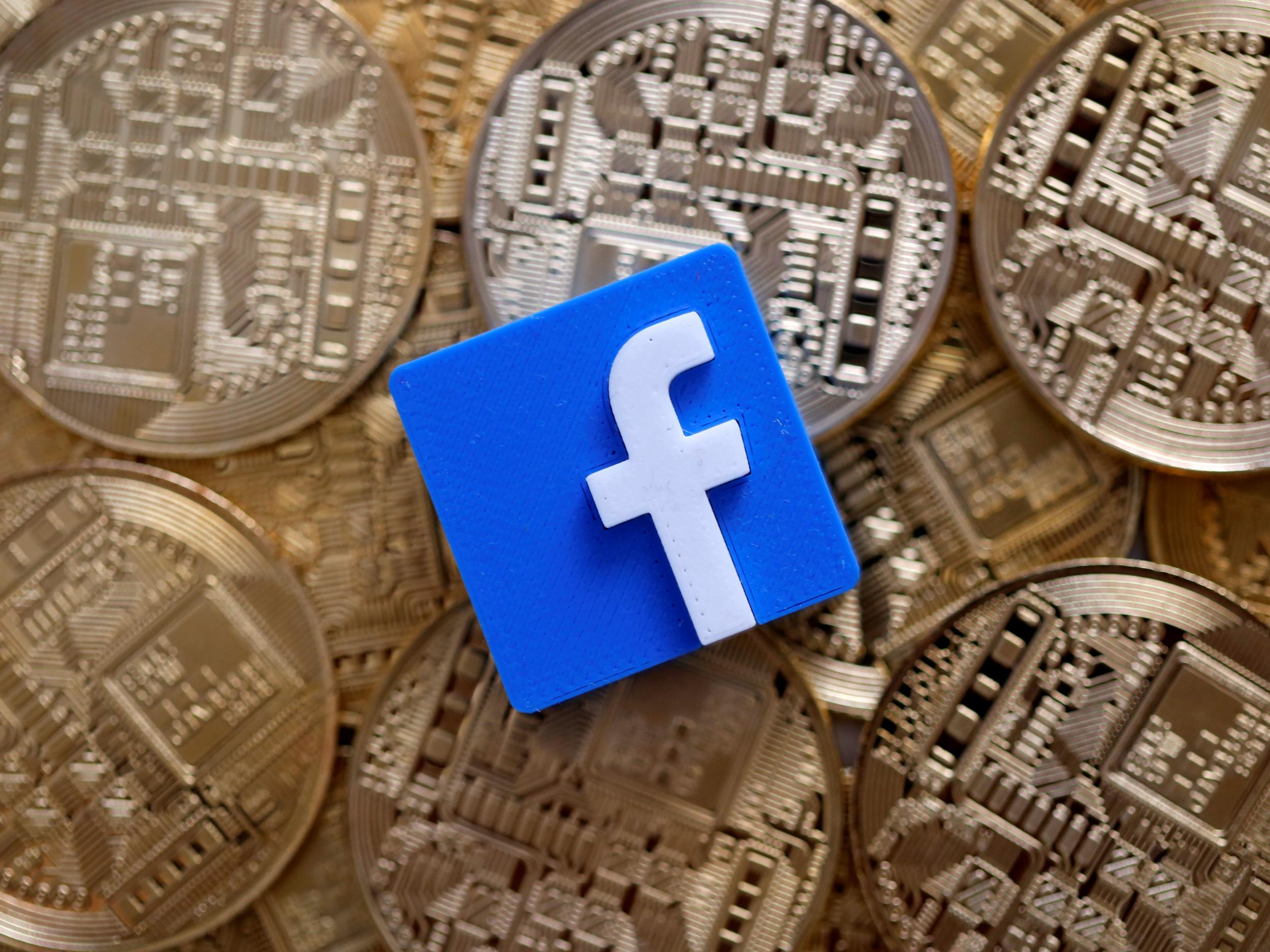Facebook Libra: Vodafone joins exodus from cryptocurrency project
Mastercard, PayPal, and Visa have already quit the digital currency

Your support helps us to tell the story
From reproductive rights to climate change to Big Tech, The Independent is on the ground when the story is developing. Whether it's investigating the financials of Elon Musk's pro-Trump PAC or producing our latest documentary, 'The A Word', which shines a light on the American women fighting for reproductive rights, we know how important it is to parse out the facts from the messaging.
At such a critical moment in US history, we need reporters on the ground. Your donation allows us to keep sending journalists to speak to both sides of the story.
The Independent is trusted by Americans across the entire political spectrum. And unlike many other quality news outlets, we choose not to lock Americans out of our reporting and analysis with paywalls. We believe quality journalism should be available to everyone, paid for by those who can afford it.
Your support makes all the difference.Vodafone has become the latest major company to withdraw from Facebook’s Libra cryptocurrency project.
The telecoms firm joins eBay, Mastercard, PayPal, Stripe and Visa in quitting the association set up to develop a new global currency that would work across Facebook’s suite of apps.
“We have said from the outset that Vodafone’s desire is to make a genuine contribution to extending financial inclusion,” a Vodafone spokesperson said.
“We remain fully committed to that goal and feel we can make the most contribution by focusing our efforts on [mobile payments platform] M-Pesa.”
Facebook announced Libra last year, claiming it would serve the 1.7 billion people in the world who don’t have access to traditional financial services – the so-called ‘unbanked’. But since it was unveiled in 2019, it has faced significant criticism from financial regulators.
In December, the Swiss president said Libra would not be accepted by central banks and had therefore "failed" in its current form.
Politicians in the UK and US have also expressed concerns about the digital currency, while French finance minister Bruno Le Maire said in September that he would block the development of Libra on European soil because it poses a threat to "monetary sovereignty".
On Tuesday, the European Central Bank joined a coalition of central banks to explore the possibility of developing its own digital currency backed by central banks.
Despite the criticism and the latest setback, Libra said the digital currency’s development would continue without Vodafone.
Dante Disparte, head of policy and communications at the Libra Association, said in a statement: “Although the makeup of the Association members may change over time, the design of Libra’s governance and technology ensures the Libra payment system will remain resilient."
Join our commenting forum
Join thought-provoking conversations, follow other Independent readers and see their replies
Comments